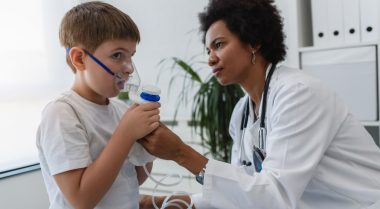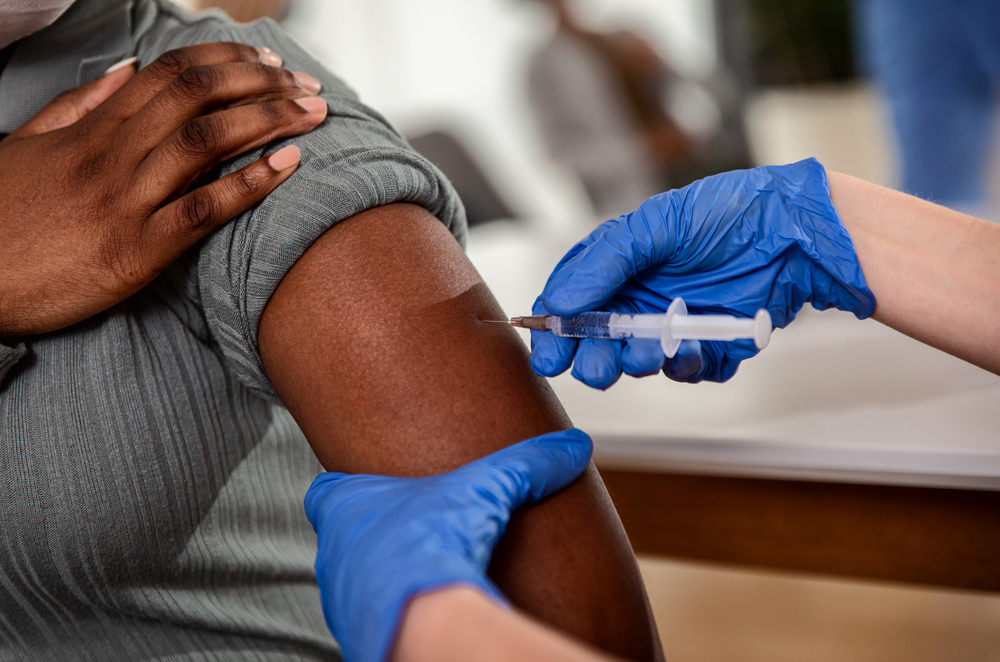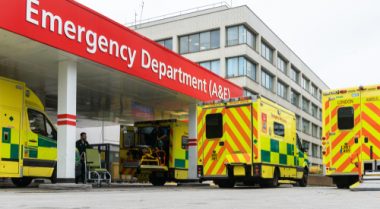COVID-19 infection during pregnancy puts women and their babies at increased risk. However, no high-quality research has looked at long-term women’s reproductive health following COVID-19 infection, for example, the ability to get pregnant, remain free of complications in their future pregnancies, and deliver healthy babies. In addition, many young women and girls have been asking for better evidence on the long-term safety of COVID-19 vaccination.
We will study whether:
1. COVID-19 infection affects women’s fertility and pregnancies, depending on
-
- when they are infected,
- how ill they are,
- how long for and if they develop long Covid;
2. COVID-19 vaccination is safe for women’s fertility and future pregnancies;
3. some women are more at risk.
We will access anonymised NHS records of all English residents from testing, vaccination, GP, hospital and maternity services, through a secure and safe platform. To understand any risks and who is most at risk we will compare women’s fertility and future pregnancy outcomes according to whether:
1) they had COVID-19,
2) they were vaccinated against COVID-19.
By highlighting the risks of COVID-19 on reproductive health and how this compares to the risks of the COVID-19 vaccination the project has clear benefits to mothers and babies. There is also potential for helping to reduce NHS costs. For example, the project could lead to evidence-based care packages such as increased monitoring for at-risk pregnancies, and clearer messages on the risk-benefit balance of COVID-19 vaccination to inform decision-making and prevent future COVID-19-exposed pregnancies.
To maximise public benefit, our team will feed into national and international maternity care guidelines, and vaccination strategies.



